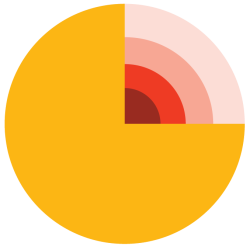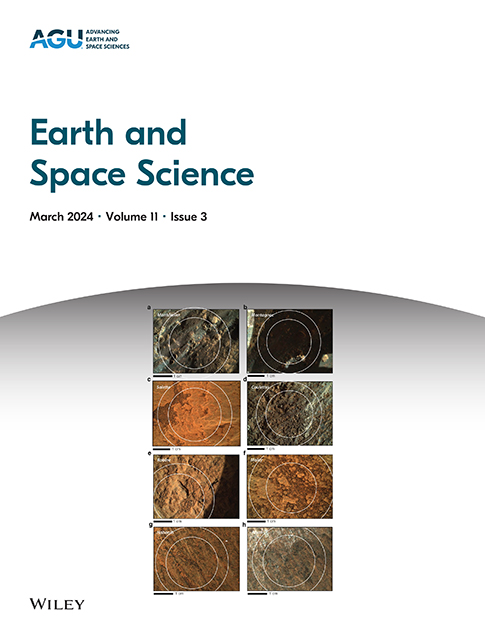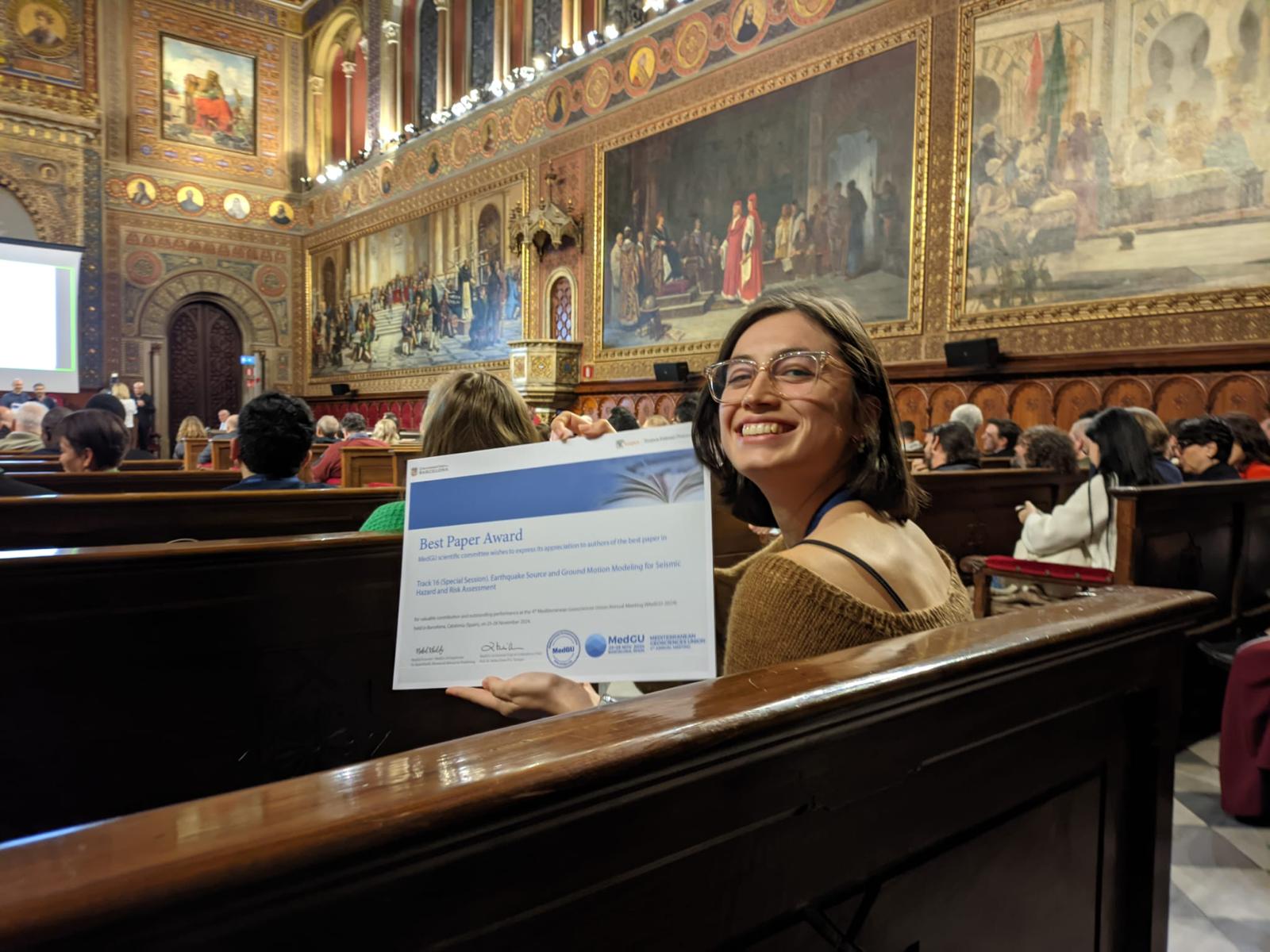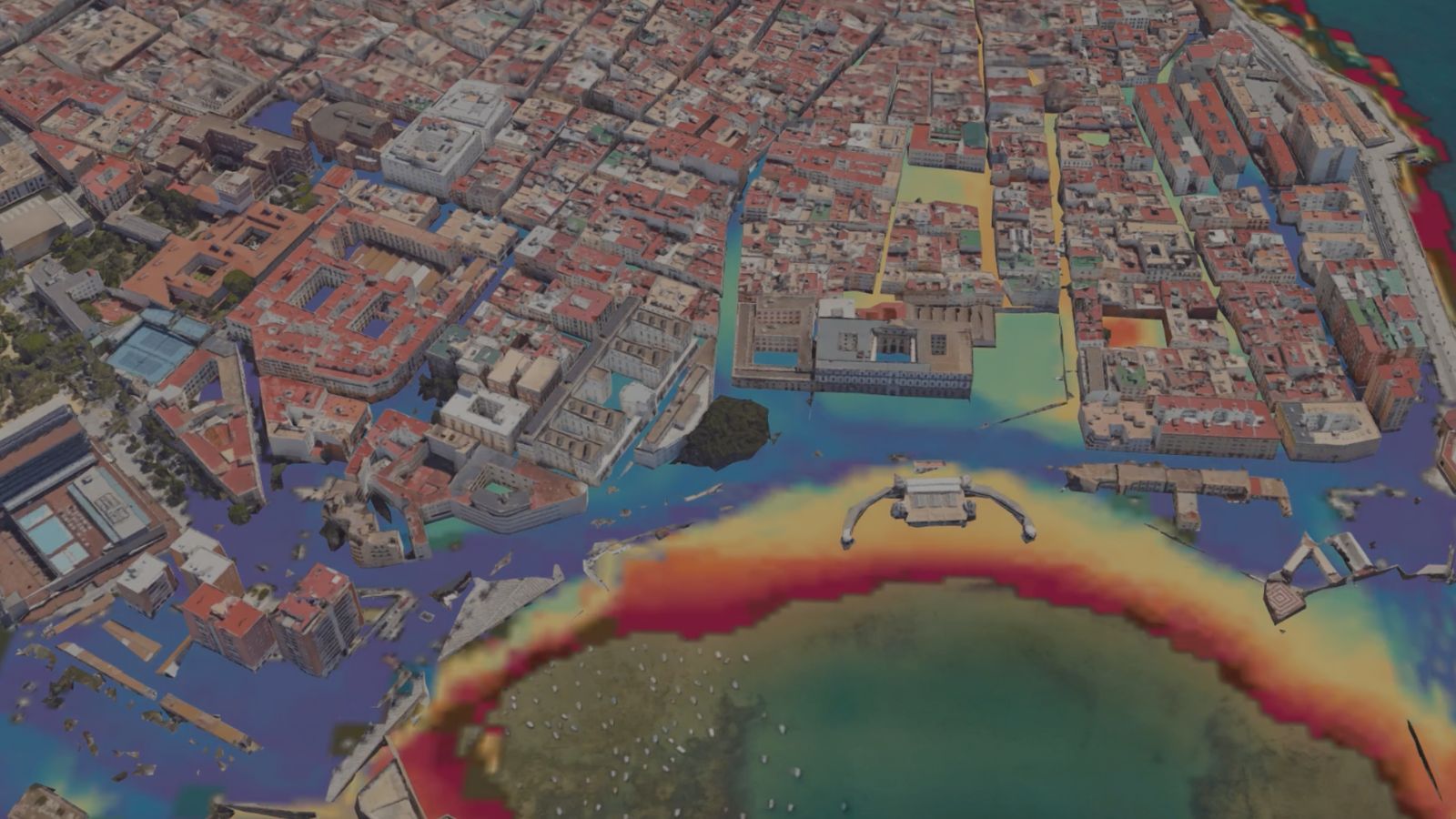HySEA
HySEA is a powerful computer suite that helps predict how tsunamis will behave when they hit our coasts. Developed by researchers at EDANYA Group at the University of Málaga in Spain, HySEA stands for "Hyperbolic Systems and Efficient Algorithms" and is designed to simulate dangerous water flows from natural disasters.
When an earthquake happens under the ocean, it can create massive waves called tsunamis that travel across the sea and flood coastal areas. HySEA can simulate the entire process: how the tsunami starts, how it moves across the ocean, and how it floods the land when it reaches the shore. The software works incredibly fast, completing simulations in just minutes instead of hours.
This speed makes HySEA perfect for tsunami early warning systems, which need to quickly alert people about incoming waves. Countries like Italy have already adopted HySEA to protect their coastlines. The program helps emergency services, coastal planners, and scientists better understand tsunami risks and make life-saving decisions when disaster strikes.
Simulation of a tsunami generated by earthquake in the Mediterranean Sea using nested meshes.
Simulation of the tsunami generated by the 1755 Lisbon earthquake (view of Huelva).
HySEA in Scopus: Documents by year
No Data Found
By Subject
No Data Found
By Country
No Data Found
Analysis of the results from the bibliographic search on SeisSol. Scopus. (2025, July)
HySEA In Video
To Know More
Official Website
Acknowledgments
HySEA (Hyperbolic Systems and Efficient Algorithms) software consists of a family of geophysical codes based on either single layer, two-layer stratified systems or multilayer shallow water models. HySEA is a high performance software package developed by the EDANYA group at the University of Málaga, Spain, for the simulation of geophysical flows, including tsunamis generated by earthquakes or landslides, river floodings, sediment transport, turbidity currents, etc.
If you are interested in using the HySEA software, please contact EDANYA group at t_hysea@uma.es





